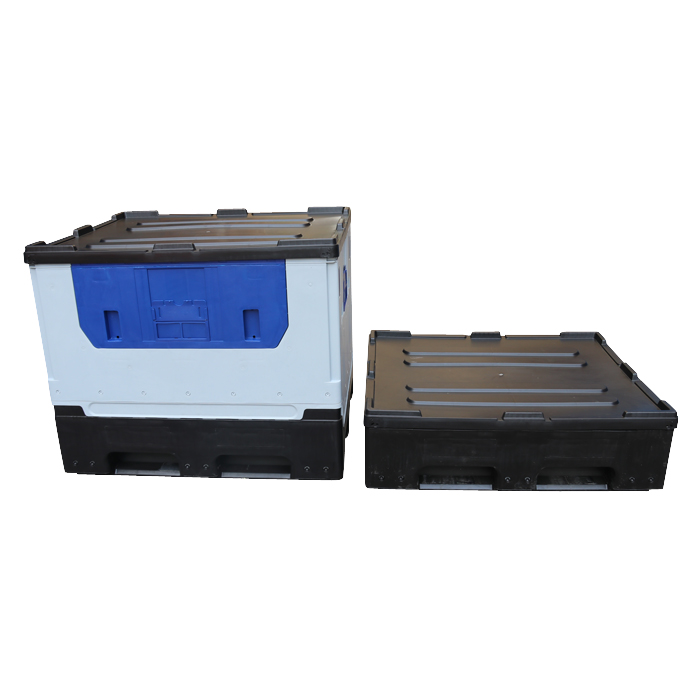Returnable Pallets: The Sustainable Future of Material Handling
In modern logistics and manufacturing, sustainability and cost efficiency are no longer optional—they’re essential. One key innovation driving this transformation is the returnable pallet. Designed for repeated use across supply chains, returnable pallets offer a greener, more economical alternative to traditional single-use wooden or cardboard pallets.

What Are Returnable Pallets?
Returnable pallets—also known as reusable or recyclable pallets—are durable load carriers made from materials such as plastic, metal, or composite blends. Unlike one-way pallets that are discarded after a single shipment, returnable pallets are designed to circulate repeatedly between suppliers, manufacturers, and distributors.
These pallets maintain their structural integrity over multiple trips, reducing both packaging waste and the total cost of ownership.
Key Benefits of Returnable Pallets
1. Cost Efficiency
While the initial investment in returnable pallets is higher than disposable ones, the long-term savings are significant. Their extended lifespan—often up to 10 years—means fewer replacements and lower purchasing costs over time.
2. Environmental Sustainability
Returnable pallets contribute directly to corporate sustainability goals. They:
- Reduce landfill waste
- Minimize deforestation (by replacing wooden pallets)
- Lower carbon emissions through efficient reverse logistics
Many companies also recycle damaged pallets into new ones, ensuring a closed-loop system that supports a circular economy.
3. Enhanced Hygiene and Safety
Plastic and metal returnable pallets are easy to clean and resistant to moisture, chemicals, and pests—making them ideal for industries such as food & beverage, pharmaceuticals, and electronics, where hygiene and contamination control are crucial.
4. Durability and Consistency
Returnable pallets maintain consistent dimensions and weight, ensuring compatibility with automated storage and retrieval systems (AS/RS) and conveyor systems. This uniformity helps improve supply chain automation and reduces handling errors.
5. Brand Image and Compliance
Sustainable packaging solutions like returnable pallets enhance brand reputation. Many multinational corporations now mandate the use of returnable transport packaging (RTP) to align with ESG (Environmental, Social, and Governance) policies and ISO 14001 environmental management standards.
Applications Across Industries
- Automotive manufacturing: For transporting heavy components and assemblies.
- Food & beverage: For hygienic handling of raw ingredients and packaged goods like Disposable food containers.
- Retail distribution: For high-volume shipments and warehouse logistics.
- Pharmaceutical and healthcare: To meet strict sanitation requirements.
- E-commerce fulfillment: For efficient, damage-free transport in closed distribution loops.
Challenges and Considerations
Implementing a returnable pallet program requires:
- Tracking systems (such as RFID or barcodes) to monitor pallet circulation
- Reverse logistics planning to collect empty pallets
- Partner collaboration across the supply chain
However, advances in IoT and asset tracking technology are making these processes increasingly efficient and cost-effective.
Future Outlook
With rising global attention on sustainability and waste reduction, the market for returnable pallets is projected to grow steadily. Companies adopting returnable packaging solutions not only save money but also build a resilient, eco-friendly logistics network—strengthening both their operations and their environmental commitments.
Conclusion
Returnable pallets represent the intersection of sustainability, efficiency, and innovation in modern supply chain management. By reducing waste, cutting long-term costs, and improving operational reliability, they have become a cornerstone of responsible logistics strategies worldwide.
For businesses looking to transition toward greener operations, investing in a returnable pallet system is not just a smart move—it’s a strategic one.